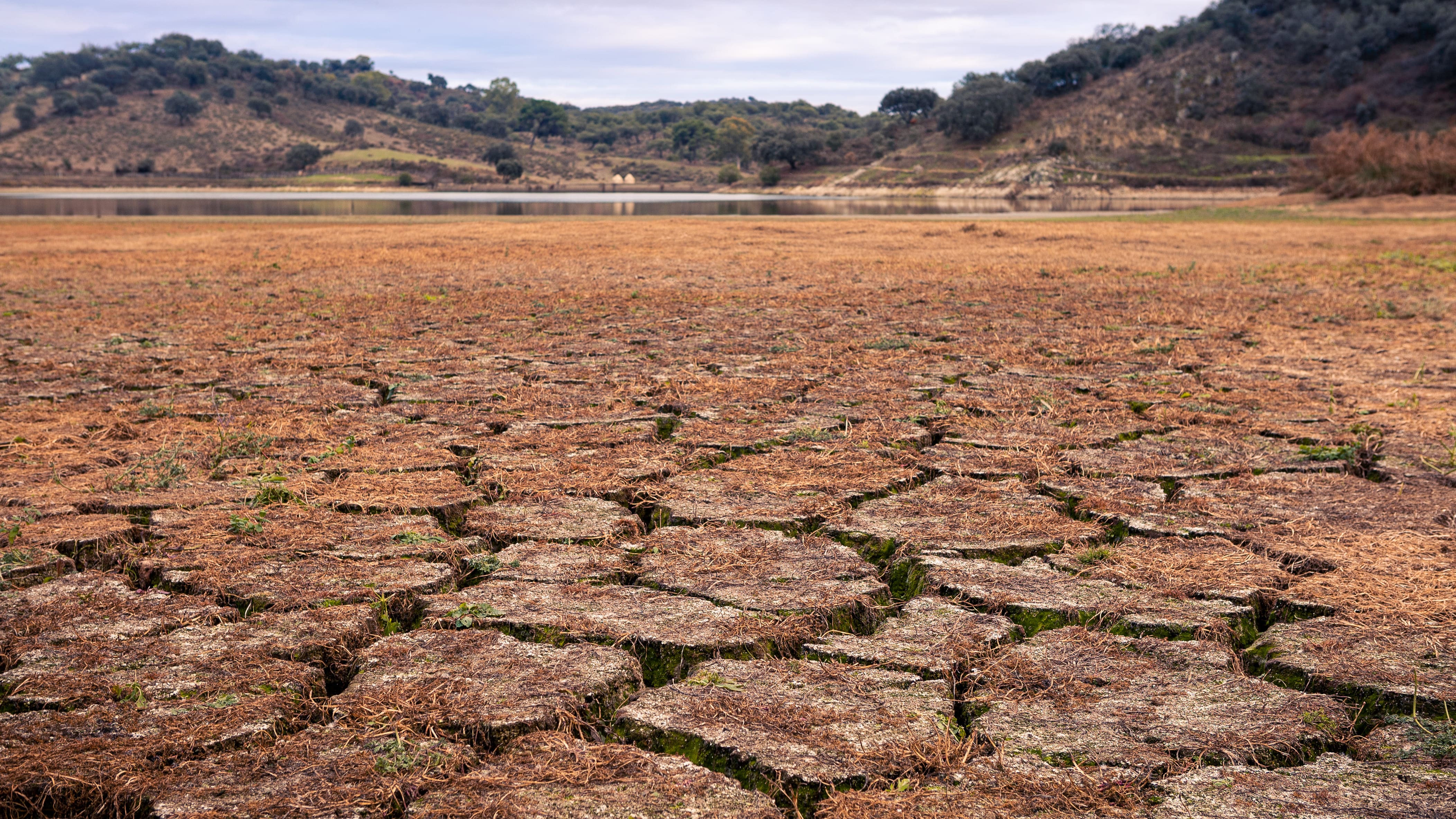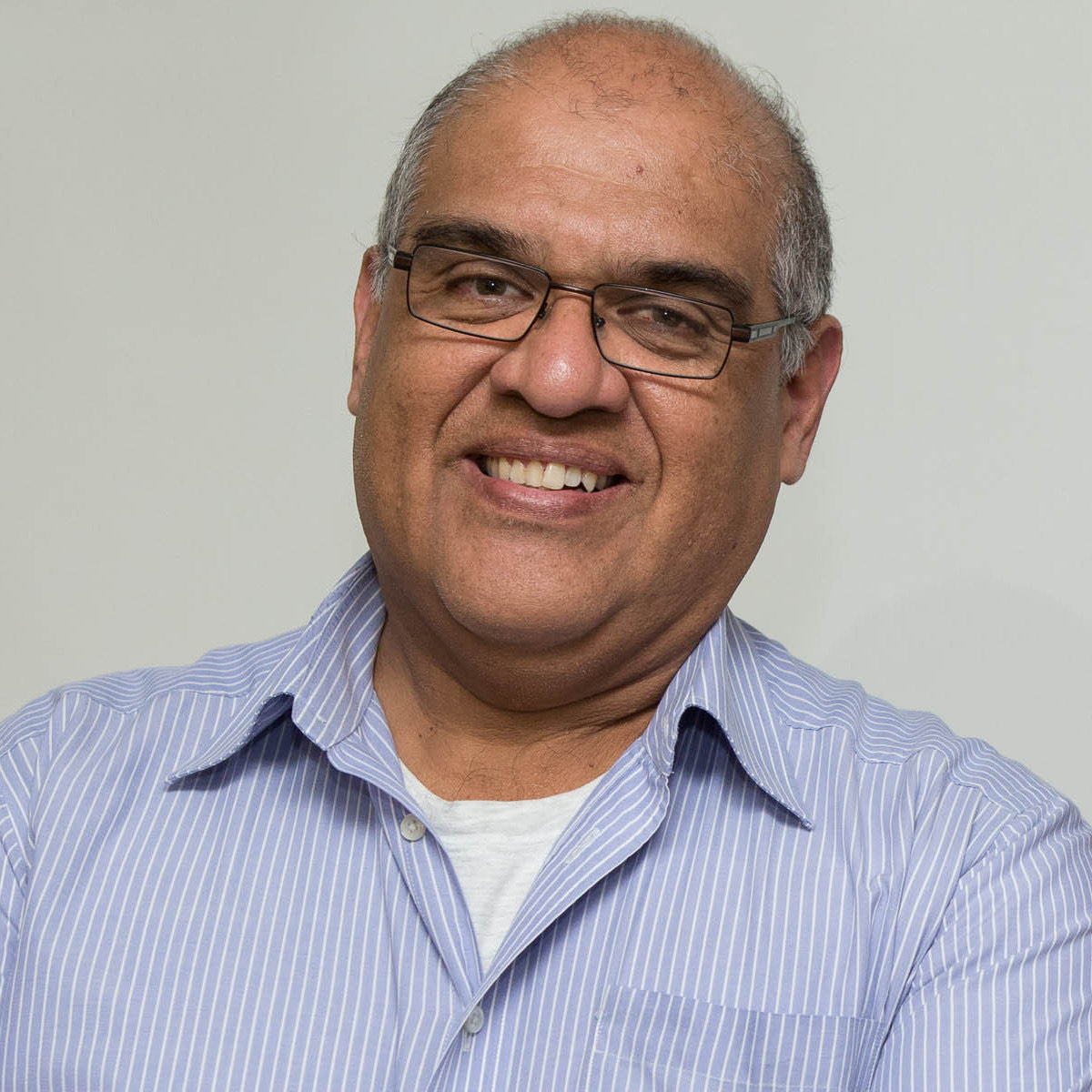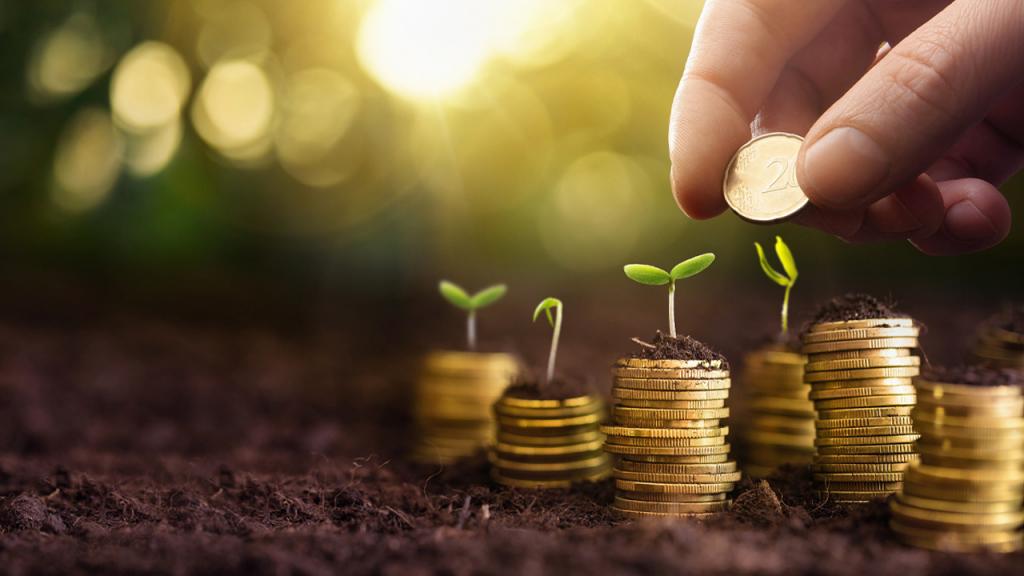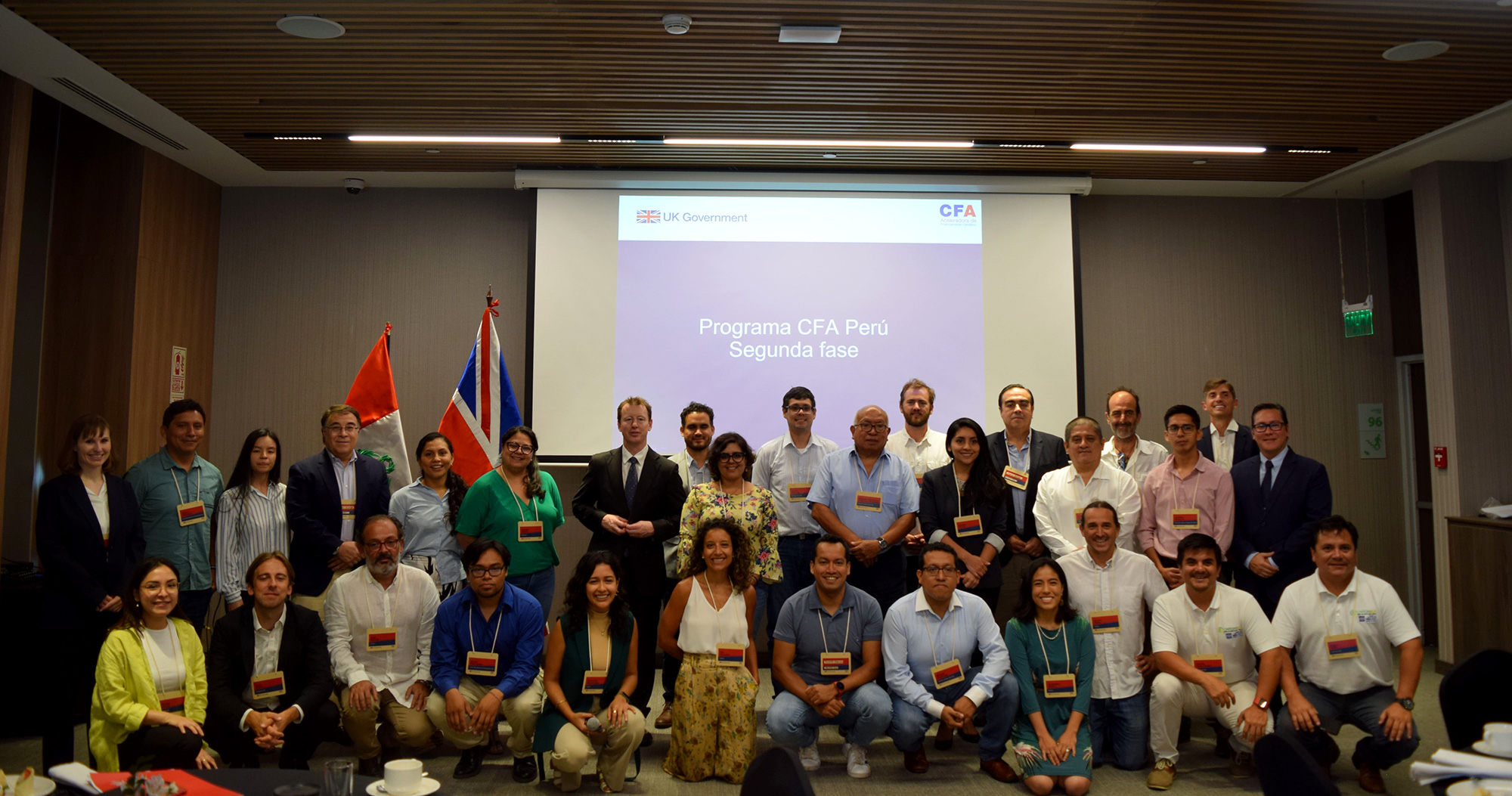[Interview] José Marengo: «We need more aggressive environmental measures and that can only be achieved through public policies».»

By: Pilar Celi - ConexiónCOP Journalist, Libélula
For Peruvian physicist José Marengo, the publication of the IPCC Synthesis Report, in addition to the climatic events we are witnessing, make the urgency and need to develop mitigation and adaptation actions more evident, in addition to working directly with decision-makers.
José Marengo is a Peruvian scientist based in Brazil who studies climate change and has been editor of Chapter 3 of the Sixth Assessment Report of the Intergovernmental Panel on Climate Change (IPCC). The physicist is very clear: “if we pass 1.5°C or 2°C of temperature increase, it will be very difficult to develop adaptation actions.”. Libélula talked to him about the Synthesis Report presented a few days ago by the IPCC.

José Marengo
- What are the main scientific points highlighted in the synthesis report?
This report is the final product of the IPCC Sixth Report. All the work started in 2018 before the pandemic and it is interesting because it shows a summary of what has already been presented. For example, that the human influence on global warming is unequivocal, that weather events are becoming more extreme and that they affect the countries of the world.. It also indicates that if we go beyond a 1.5°C or 2°C temperature increase, it will be very difficult to develop adaptation actions. Currently, we are in 2023 with 1.2°C increase; we are very close to 1.5°C. and there is great concern for countries to develop their contingency plans, using concepts such as ecosystem-based adaptation, as well as indigenous traditional knowledge or warning systems, which are ways of dealing with disasters.
- And in terms of mitigation, what would be the most important data?
The Group 3 Report on mitigation clearly explains the need for countries to reduce the use of fossil fuels. Of course, it is impossible for this to happen overnight, but there are options to gradually reduce the use of fossil fuels and use clean energies such as wind, solar, biomass and others. It is also important to reduce deforestation, increase reforestation, and study geoengineering measures to reduce the volume of CO2 in the atmosphere, since, no matter how much emissions are reduced, there is already a decades-long accumulated excess. It also includes working with the agricultural industry, particularly with livestock, to make it more efficient and emit less GHGs; and also with regard to diet, because although no one can be forced to stop eating meat, it is important that it reflects a low-emission process.
- Regarding the adaptation process, in recent months we have seen heavy rains in Peru and Brazil, heat waves in Argentina, forest fires in Chile, among other climatic phenomena that speak of the need to adapt to climate change.
One of the points that was expected from the report and that began with greater force from 2012 when the Extreme Weather and Disaster Risk Management Report for Improving Climate Change Adaptation,is that with global warming, extreme events could become more frequent and intense, such as heat waves, cold waves, storms, hurricanes, droughts, heavy rains, and that is exactly what is happening.. In 2020 we had an almost total heat wave in southern Central America, now we have a new heat wave and Peru is facing the so-called Yaku, a cyclone with severe impacts. If these extreme events are already occurring and we cannot prevent them, that is where adaptation comes in.
Here in Brazil, there is a lot of talk about people living near rivers, streams or mountains, which are risk areas where there should be no construction, and where urban planning and improvement of the disaster prevention system are necessary, with the objective of warning the population, as happens in the United States, when there are hurricanes or tornadoes, and which allows lives to be saved. Since we cannot stop the rains, we must prevent them from causing economic and human damage. However, the culture of climate risk is not present in the public or in politicians, and the report speaks precisely of political will, because the IPCC produces scientific information for decision makers, but the IPCC cannot propose public policies.
There is evidence but we do not always see the will to fulfill the commitments of the Paris Agreement, because there are immediate problems such as the economic crisis, the war in Ukraine, the epidemic of COVID 19 , which must be resolved, and the climate agenda takes a back seat. Climate change does not happen from one day to the next, it is very gradual and by the time we realize it we are already entering a new climate. This is really what we are trying to avoid: reaching a more hostile climate than we have at present..
- Therefore, it is very important to work with politicians, who, in addition to the will, must be able to work directly with science. For example, currently in Peru, the synthesis report is not on the public agenda.
It is not only in Peru, in Brazil it is also not on the public agenda. It happens for example with Cyclone Yaku. I received many inquiries about whether it was due to climate change. Obviously it cannot be attributed to a long-term process, but I thought it was going to generate some debate, because when extreme rains and disasters occurred in Sao Paulo, debates were generated around climate change and deforestation.
Many times, when we talk about solutions, we think about separating plastic from paper or recycling garbage, but now we have to be more aggressive. For example, when there are elections, it is the people who decide and the candidates must present an environmental agenda. Here in Brazil we had four years of denialism about science and climate change, but we continue to fight, publish and work with the IPCC. Politicians pass but climate change continues.
- One of the comments made by the United Nations Secretary, Antonio Guterres, in relation to the synthesis report is that it is a survival guide for humanity.
We consider that within Latin America, Central America is the most vulnerable region, due to the presence of droughts, floods, and hurricanes. For example, Mexico in 2021 was affected by a great drought in the north, and now the drought zone is in the northwest; the south of Chile has a drought of almost 13 years and there are observed impacts; the Andean glaciers of Bolivia and Peru, Argentina and Chile, are showing less mass, as a consequence of melting and global warming; there are also areas of the Amazon that are beginning to show very long dry periods, and this increases the risk of fires.
Signs of what we will experience in the coming decades are appearing and this is where adaptation measures are not yet well implemented.. In Bolivia, for example, they work a lot with Andean knowledge, and that is science that should be taken advantage of.
What the IPCC has published is a guide for decision makers. The scientific evidence is here, in a didactic and summarized form. It is up to the politicians, and the people who elect them.
- The IPCC report reminds us that there are 7 years left to reduce GHG emissions by 43%. What is your analysis of this?
The fear that in 2030 or 2040 we will reach 1.5°C - and that, according to IPCC studies, it may be too late for adaptation and so expensive that it will not be possible - is real. I see the issues that will be discussed at COP28 as very difficult because many times, in my experience as an observer, the political will is good, but then governments have other priorities and the environmental agenda ends up relegated. I see it as difficult for countries to fulfill their commitments until 2030.
- And what must we do to make climate change a priority on public agendas in the next 7 years?
Without trying to sound revolutionary, the answer is to engage in Greta Thunberg-style activism. The time for bicycling and vegetarianism is over, that doesn't work anymore, maybe it does at the household level and for health protection. Now we need more aggressive environmental measures and that can only be achieved through policies, by putting pressure on politicians, on congress, on ministers to take into account that there are already signs that the climate is changing.. The presence of Cyclone Yaku is a perfect example of change. As well as this phenomenon, others may continue to appear in the future, and the population is not prepared. Science has already made its contribution, now the government must do its part., and the population in the middle is the most affected.
← Previous
Next →
Stay up to date
Receive a summary of relevant news about companies and sustainability. All the months. Free!


